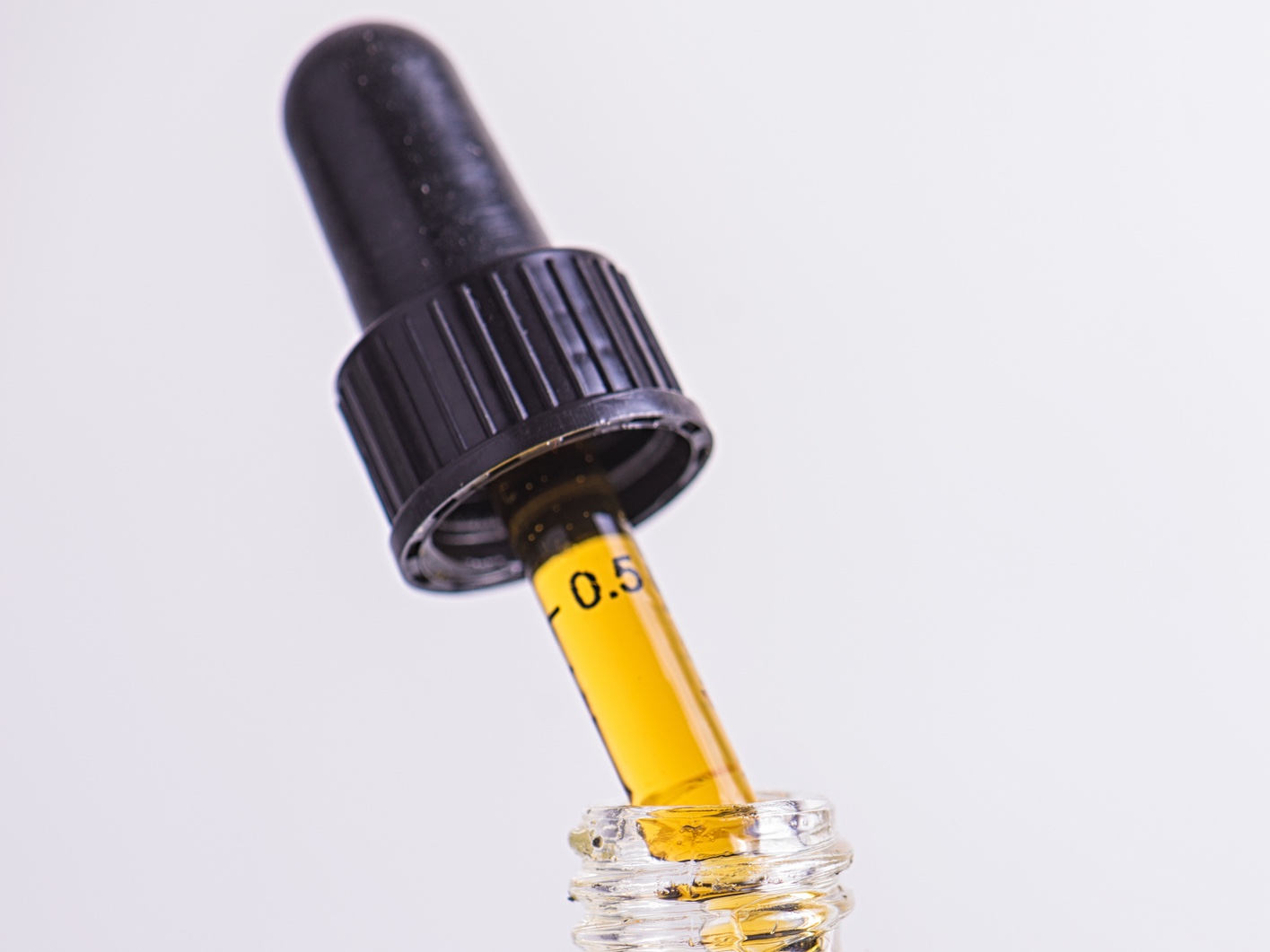
A Consultant Psychiatrist on Child and Adolescent, Dr Yetunde Adeniyi, says cannabis oil can help in the management of Autism Spectrum Disorder (ASD).
Adeniyi, who works with the University College Hospital (UCH), Ibadan, made the assertion at the 9th Annual Autism Programme organised by the Guaranty Trust Bank Plc on Wednesday in Lagos.
Theme of the programme was: “Autism: Transitions, Vocational Skills and the Role of Technology.
Autism is a development disorder characterised by a triad of symptoms; qualitative impairments in social interaction, qualitative impairment in communication and restricted repetitive.
Adeniyi said that cannabis oil might work because “our brains consist of the endocannabind system (ECS)”.
According to her, ECS is a major regulator of synaptic plasticity and neuromodulation, and ECS is often affected in ASD patients with comorbidities such as seizures, anxiety and sleep pattern disturbance.
“Cannabis has a well known effect on social behaviour in humans. It enhances interpersonal communication.
“In the last decade, the use of cannabis oil in autism has become increasingly popular and only anecdotal reports by parents on the internet are available.
“An increasing number of parents are advocating for their children to be treated with cannabis oil. However, clinical research remains very scanty,” Adeniyi said.
She said that cannabis was a dynamic and unique plant which could be used to treat other conditions like: inflammation, malaria, depression, nausea, anaesthetic agent, among others.
“Cannabis oil usually contains a high ratio cannabidol (CBD) and cannabidol is the non-psychoactive component of marijuana that is often associated with its health benefit.
“The Food and Drug Administration (FDA) eased the regulatory requirements to allow researchers to conduct CBD trials.
“Recently, the FDA approved the first ever cannabis derived medicine for these medical conditions, epidiolex which contains CBD.
“Currently, many people obtain CBD online without a medical cannabis licence,” Adeniyi said.
She advised parents and caregivers to be sure of diagnosis before using cannabis oil and should not neglect the other forms of therapy.
“Health professionals should equip themselves with adequate and update information on CBD oil and other complementary, alternative medicine therapy,” Adeniyi said.
Earlier, Mr Segun Agbaje, the Chief Executive Officer of Guaranty Trust Bank Plc, said the bank would continue to empower and support people living with autism so that they could reach their full potential.
Agbaje said that people living with autism also had their own dreams, ambitions and incredible potential to achieve great things.
“It falls to us as parents, relatives, friends, caregivers, medical experts, organisations and concerned members of the public to help them to live a life of purpose.
“It is important to take stock of how far we have come in our mission to build a more inclusive and supportive society for people living with autism.
“Not only are our awareness campaigns significantly growing public consciousness on autism, nearly 4,000 children have now benefited from our free one-on-one consultation services.
“There is a long way to go, children and adults living with autism still often lack the support and vocational training,’’ he said.
Agbaje said that they needed to develop critical skills for an independent and productive life.
“Today, most children with autism are not getting the education they need and less than 20 per cent of adults with autism are employed.
“Many people with autism remained largely dependent on their relatives for all their lives.
“We have to do something about this, and the focus of this year’s conference is a critical step in that direction,” he said.
Commenting, Dr Nkiruka Aseogwu, Consultant Otolaryngologist, said that there was a high prospect of possible use auditory brainstem response (ABR) for detection of risk for autism in children.
Aseogwu, who works with the Lagos University Teaching Hospital (LUTH) Idi-Araba, said that ABR could help in lowering the age of suspicion and diagnosis of autism.
“ABR is a simple objective and noninvasive method used to assess the cochlear nerve and auditory pathways of the brainstem.” she said.








